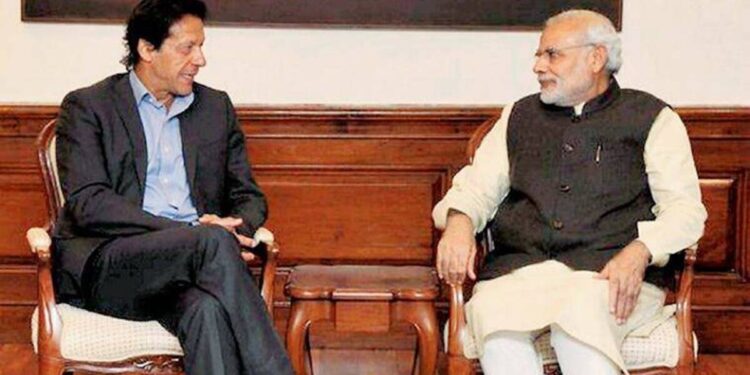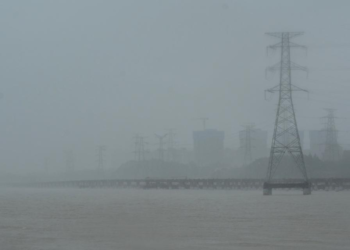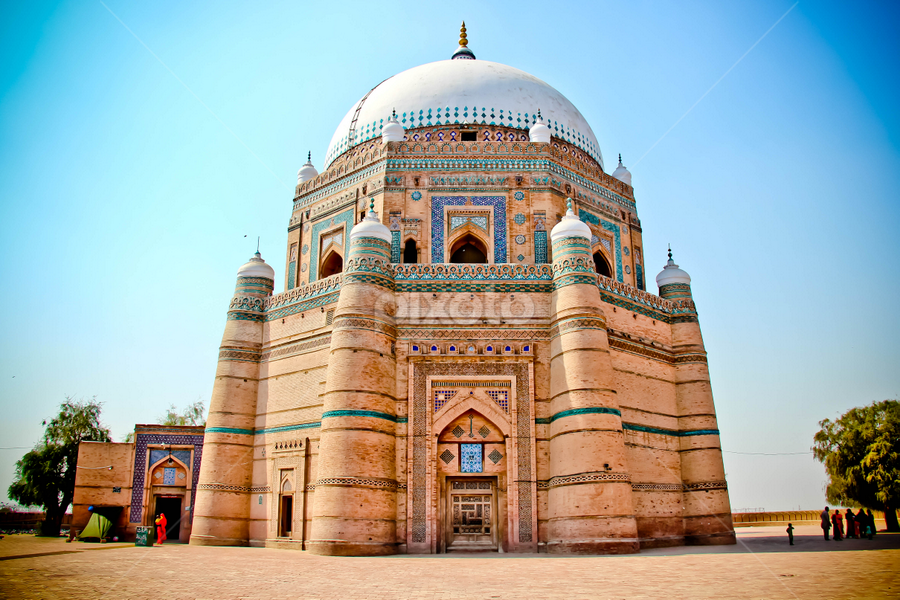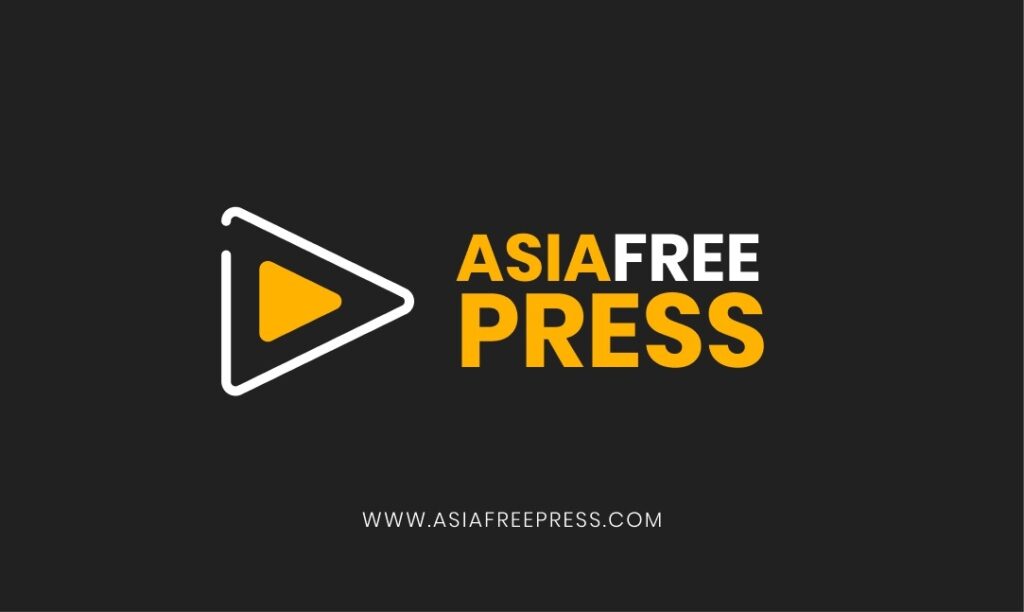India seems to be in two minds on Afghanistan. Whereas it does want to be counted when push comes to shove, it does not want to be seen as hobnobbing with the Taliban lest India’s skewed and self-serving narrative on terrorism is weakened in any manner.
Under India’s presidency, the United Nations Security Council adopted resolution 2953 on Afghanistan on August 30, 2021. The resolution, on which both China and Russia abstained, set a whole raft of well-known conditions before the international community could formally recognize the Taliban government.
While the world is still insisting on the Taliban to form an “inclusive government,” important countries, individually and collectively, have been reaching out to the Taliban to avert a humanitarian crisis in the country with serious domino effects. Even under the Taliban, an unstable Afghanistan can become a haven for terrorism, especially the Islamic State-Khorasan, which has carried out several terror actions since August 15, the day the Taliban finally took over Kabul.
Not that there has been no contact between Indians and the Taliban. A Taliban representative did meet the Indian Ambassador in Doha on August 31. Furthermore, that was officially confirmed. It is, however, not clear whether further meetings took place between the two sides.
After many multilateral confabulations on Afghanistan, including the one by G-20 and Russia, India has also reportedly decided to convene a conference on Afghanistan in New Delhi during the second week of next month. The conference would be chaired by its National Security Advisor, Ajit Doval. Interestingly, he has also reportedly invited his Pakistani counterpart to attend the conclave.
It remains to be seen if the Taliban government is also invited to the conference. However, it is doubtful that India would allow the Amrullah Saleh cabal to be present at the conference. At the ongoing UNGA session, an informal meeting of SAARC foreign ministers could not be held as Pakistan and India differed on who should be representing Afghanistan. In his virtual address at the G-20 meeting, Prime Minister Narendra Modi stressed that the international community must move in concert on the issue of extending de jure recognition to the Taliban.
Pakistan is yet to respond to the Indian invite. Views in Islamabad are divided. Some analysts are couching their arguments simultaneously in the larger context of regional peace and the need to break the protracted bilateral impasse.
It is being contended that India is one of the regional countries that has been quite active in Afghanistan during the last fifteen years. It has spent over $3billion on over 500 development projects. Accordingly, India’s involvement in Afghanistan at this critical stage would be nothing but salubrious, at least on two counts.
Firstly, India can contribute meaningfully to humanitarian assistance needed massively and urgently by the people of Afghanistan. Secondly, should Pakistan allow India to transport its assistance through the Wagah border to help the two countries join hands in assisting their fellow SAARC member and reach a tacit understanding of cooperating to prevent Afghanistan from becoming a sanctuary for terrorists of all denominations?
The other side of the argument is that Pakistan needs to be extremely careful lest it is inveigled into an unpropitious situation. India is barely reliable. After what India did to Kashmir on August 5, 2019, Pakistan will be ill-advised to be engaging with its eastern neighbor even if it involves humanitarian assistance to Afghanistan. In short, Pakistan should stick to its guns so long as India is unwilling to show some seriousness of purpose apropos settling the long-standing Kashmir dispute.
Is there a via media? Since diplomacy is the art of the possible, Pakistan may craft its response to India’s invite along the following lines:
First, Pakistan should insist that attending the Delhi conference would not be helpful without the Taliban government being present there.
Second, Pakistan may not attend at the NSA level. Instead, Director General (Afghanistan) or Joint Secretary in the National Security Division may represent Pakistan. Alternatively, Pakistan’s special envoy for Afghanistan may attend. Other invited countries may also prefer to send their respective special representatives for Afghanistan and not necessarily their national security advisors.
Third, if Islamabad pooh-poohs all the above and decides to send its NSA to the meeting, it should not be more than a day trip and that, too, without any bilateral on the margins. There is no doubt Pakistan wants to be as helpful to Afghanistan as possible, but it cannot be oblivious to New Delhi’s grisly human rights violations in occupied Kashmir.
Fourth, India would prefer the meet to adopt an outcome document in sync with UNSC resolution 2593. The presence of Pakistan along with the Taliban should help keep things in perspective. Setting skewed preconditions for diplomatic recognition is a recipe for compounding the situation. Afghanistan needs a helping hand, not a list of arrogant and illusory demands.
In the meanwhile, Pakistan should be taking severe initiatives of its own. To begin with, an OIC Contact Group, comprising of Pakistan, Saudi Arabia, Qatar, Iran, Turkey, Egypt, Uzbekistan, Tajikistan, Turkmenistan, and Indonesia, may be established to visit Kabul at the earliest possible. The OIC must be at the forefront of providing humanitarian and reconstruction assistance to Afghanistan. The Taliban would likely be more forthcoming and accommodating to the Islamic organization than other plurilateral or multilateral forums.
Interestingly, a sustained and meaningful Afghanistan-OIC engagement may also help revive the latter, making it relevant to the myriad challenges being faced by its 57 members.




















